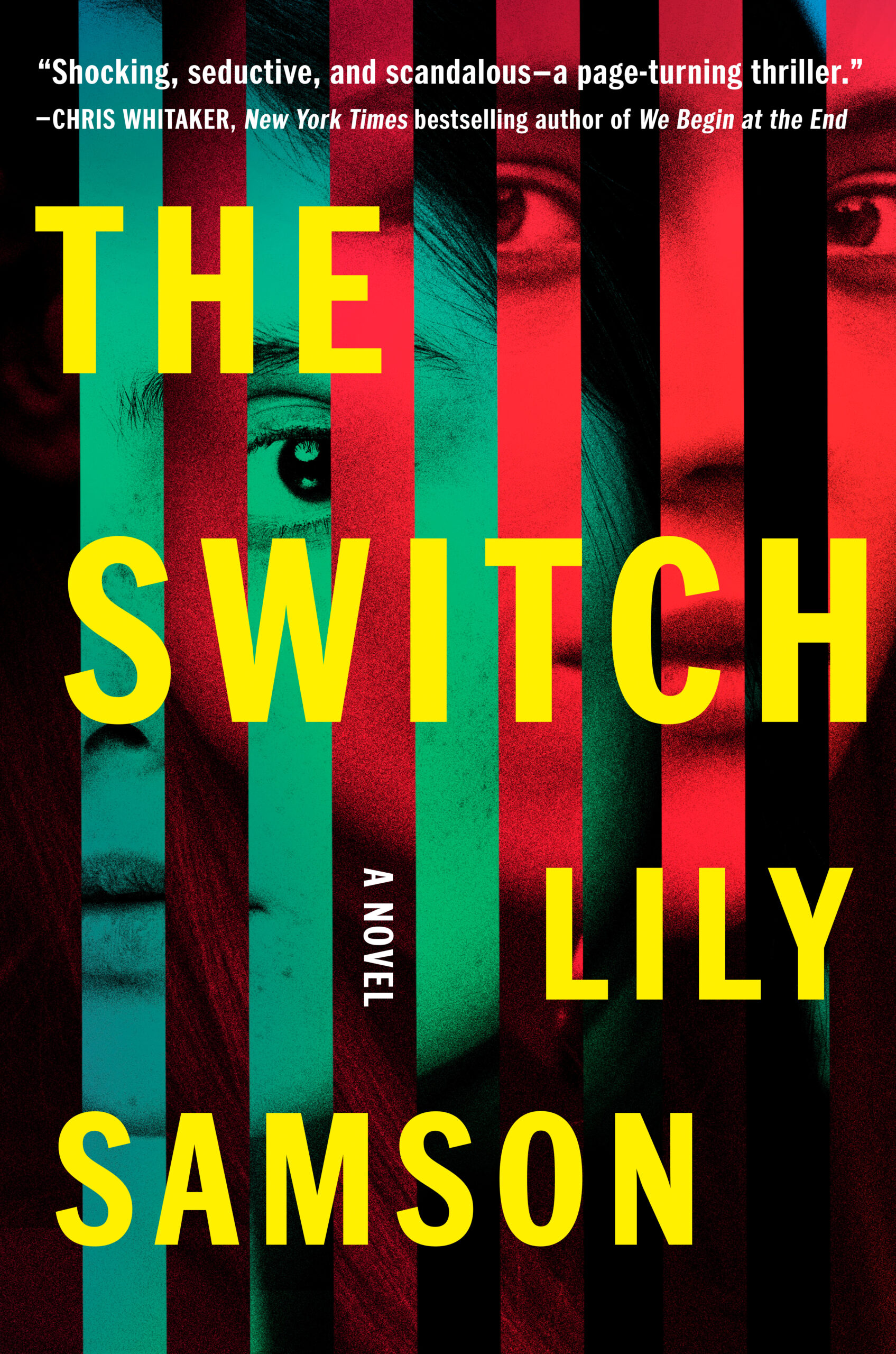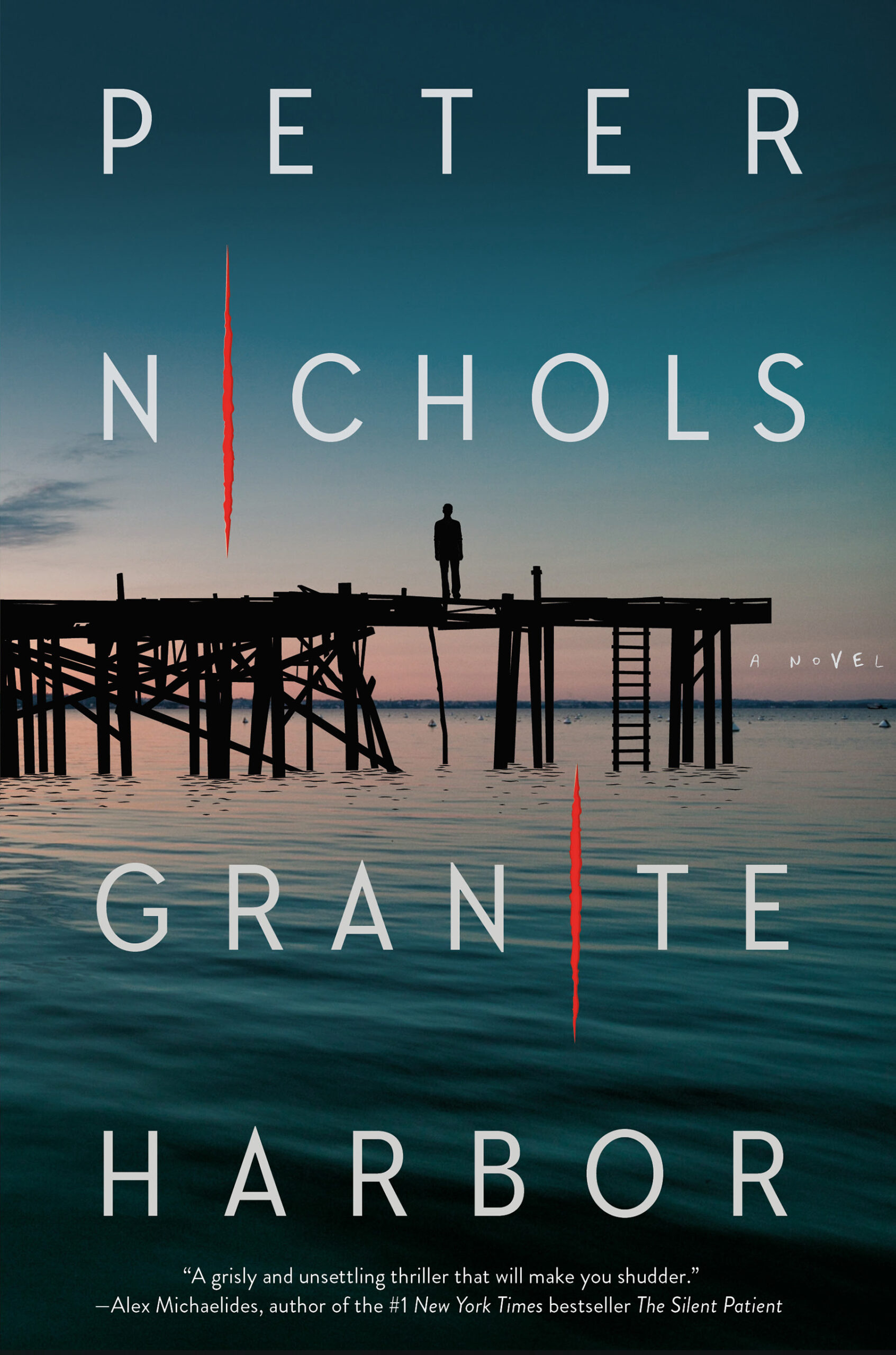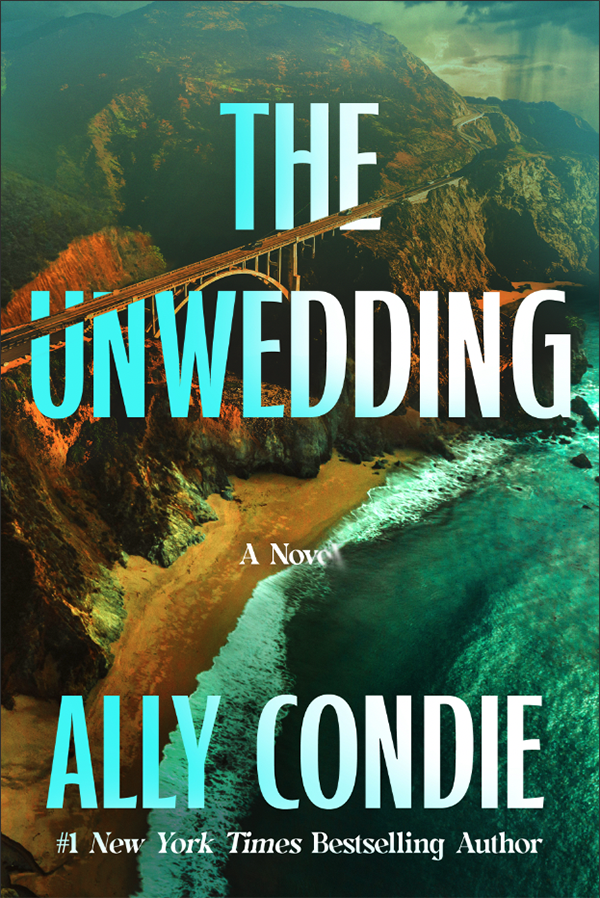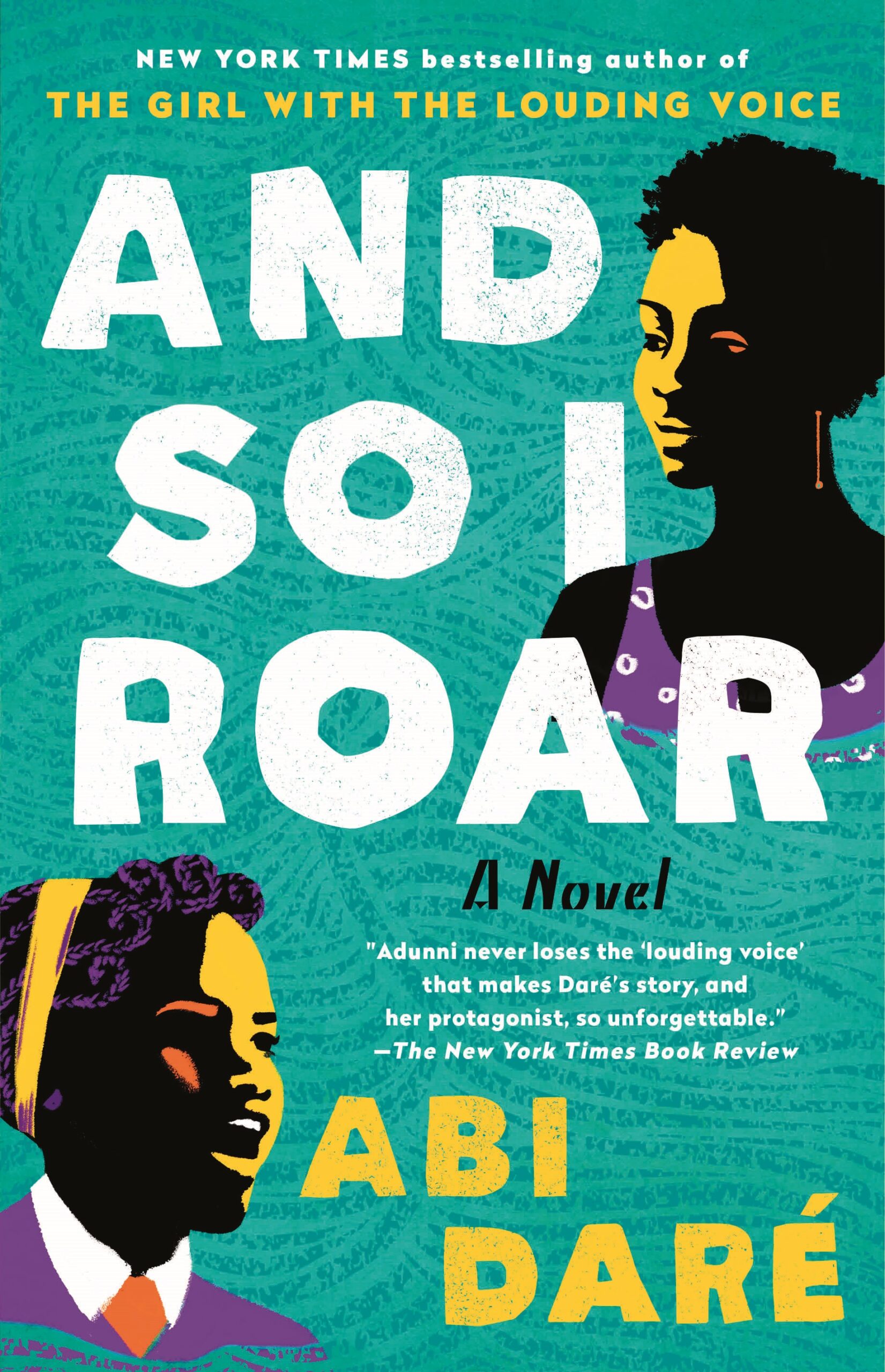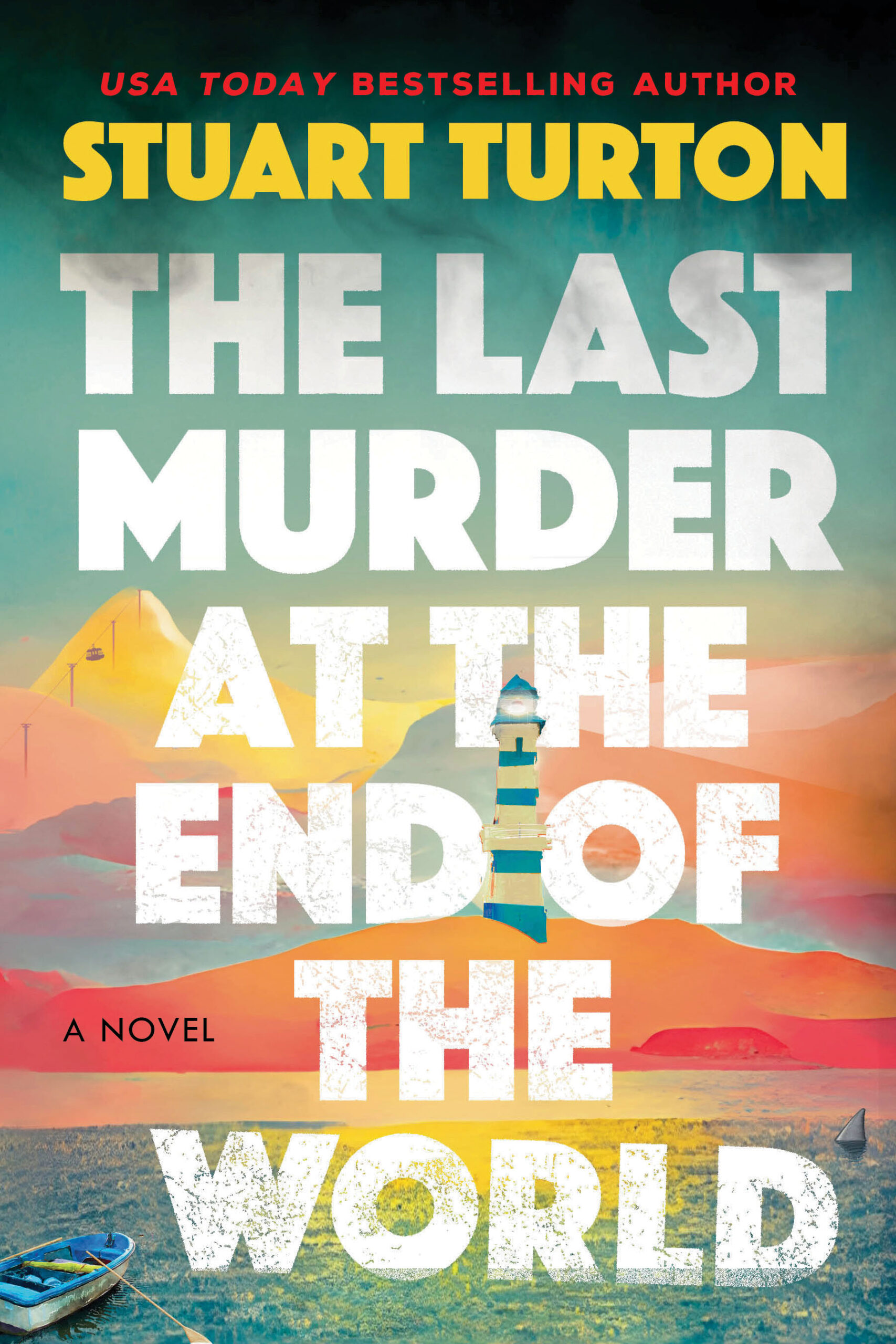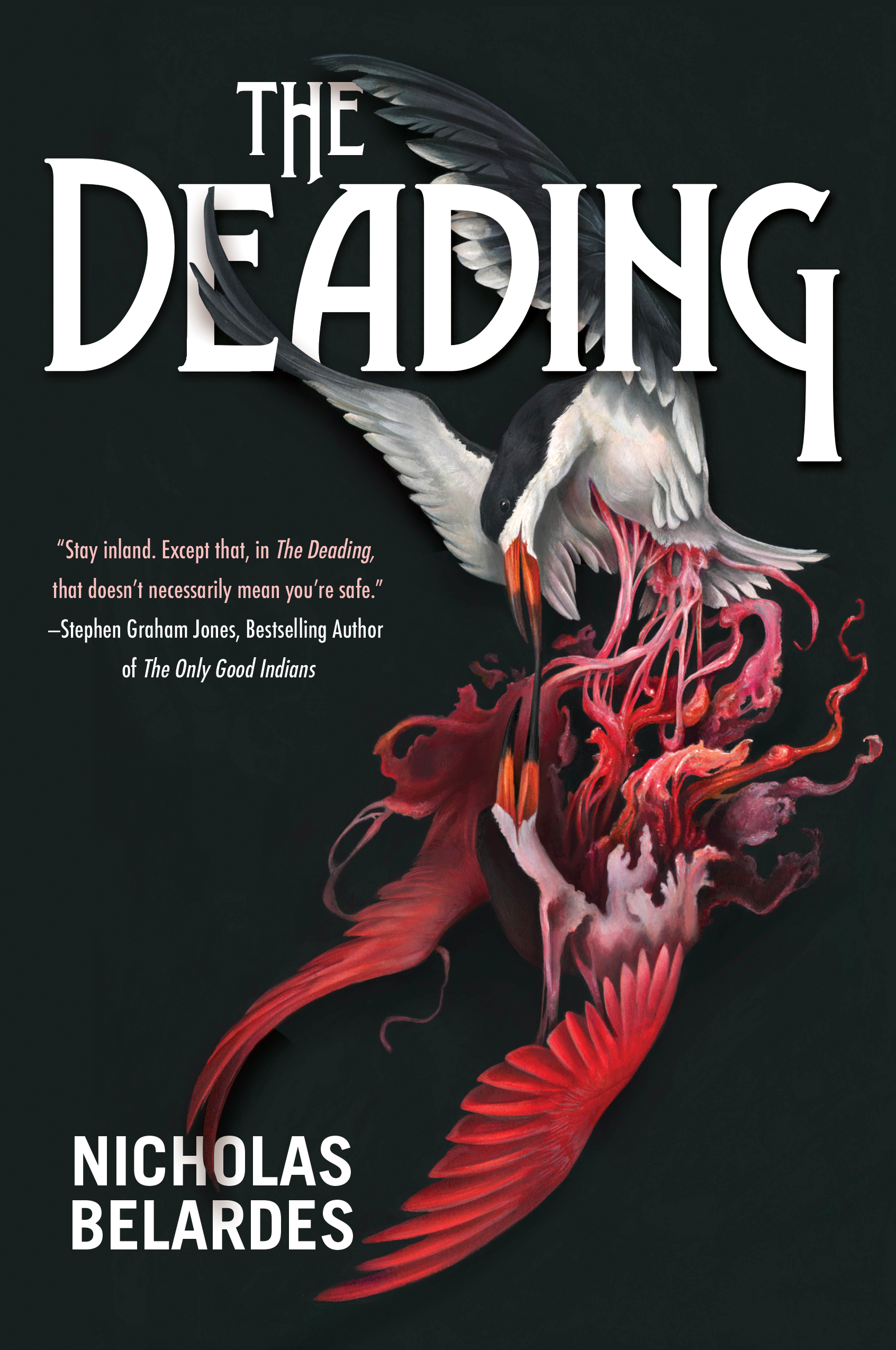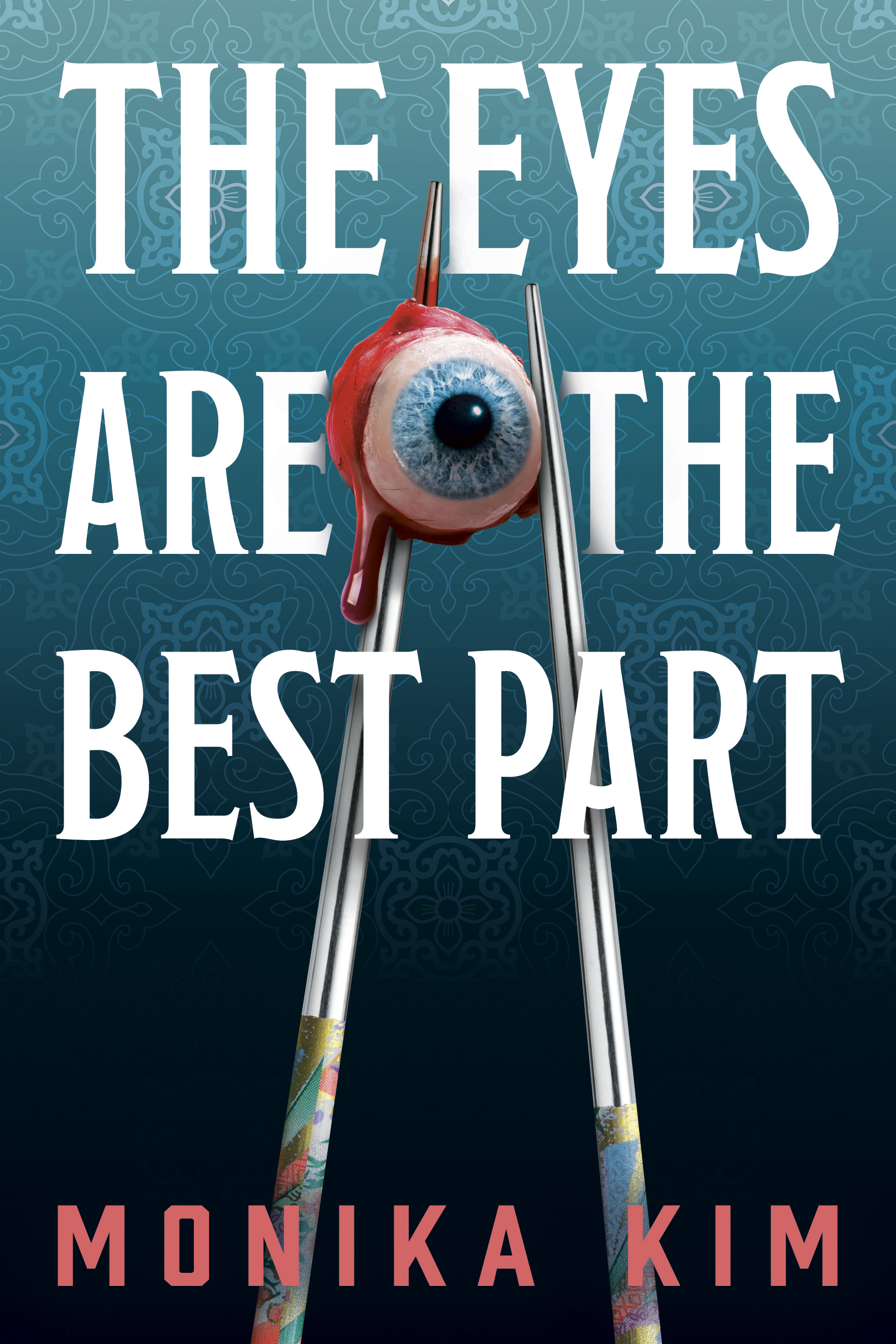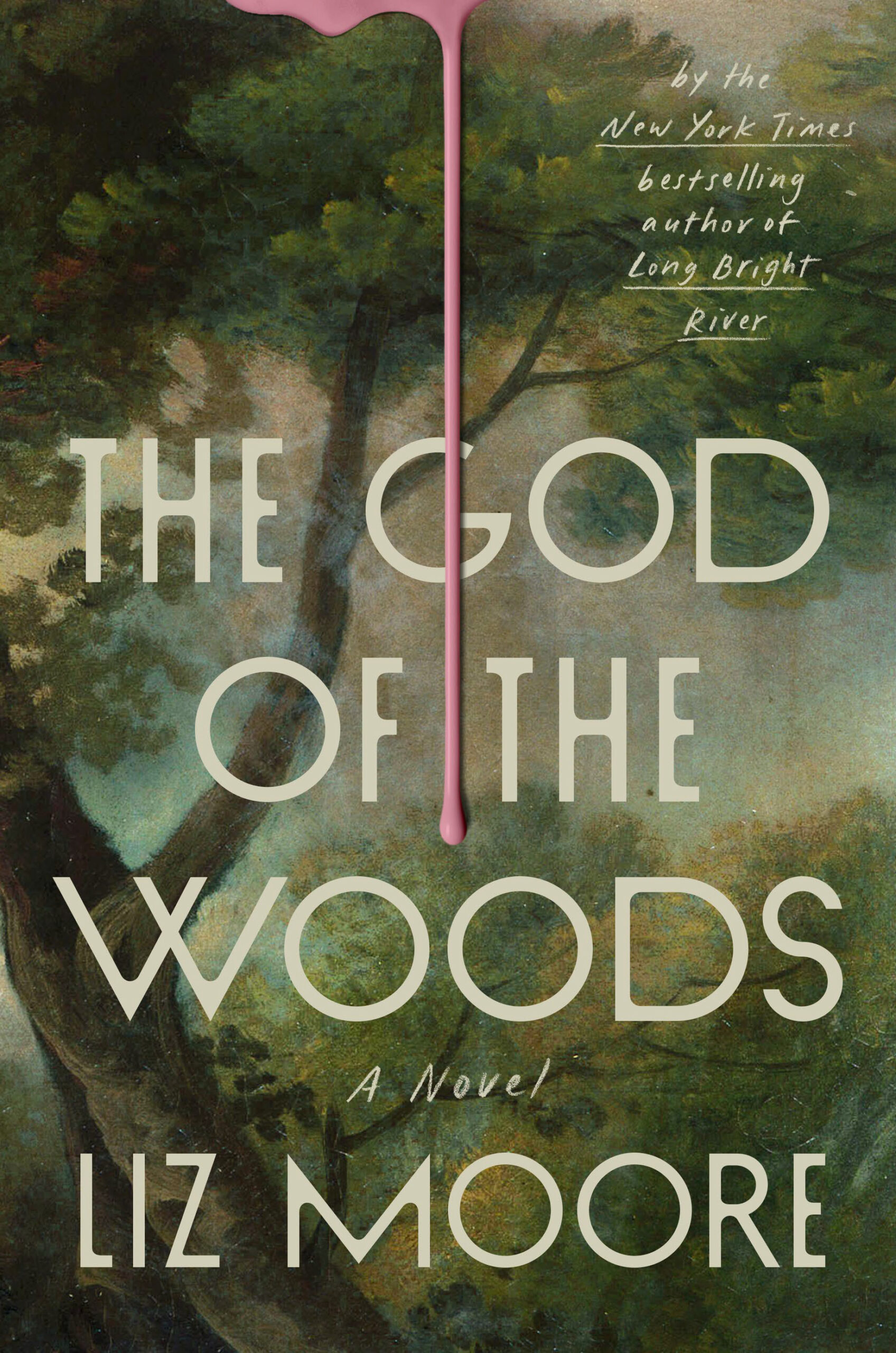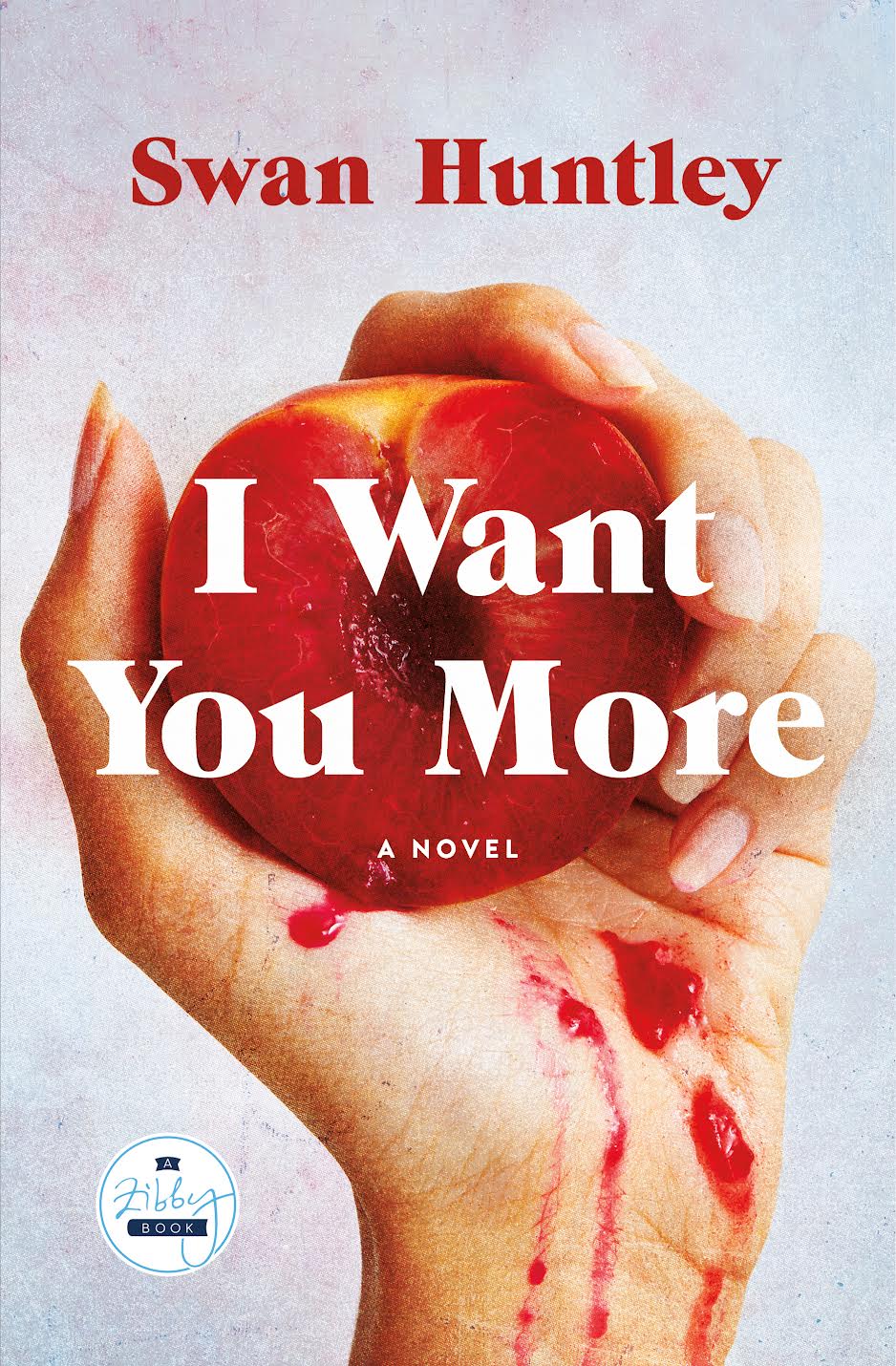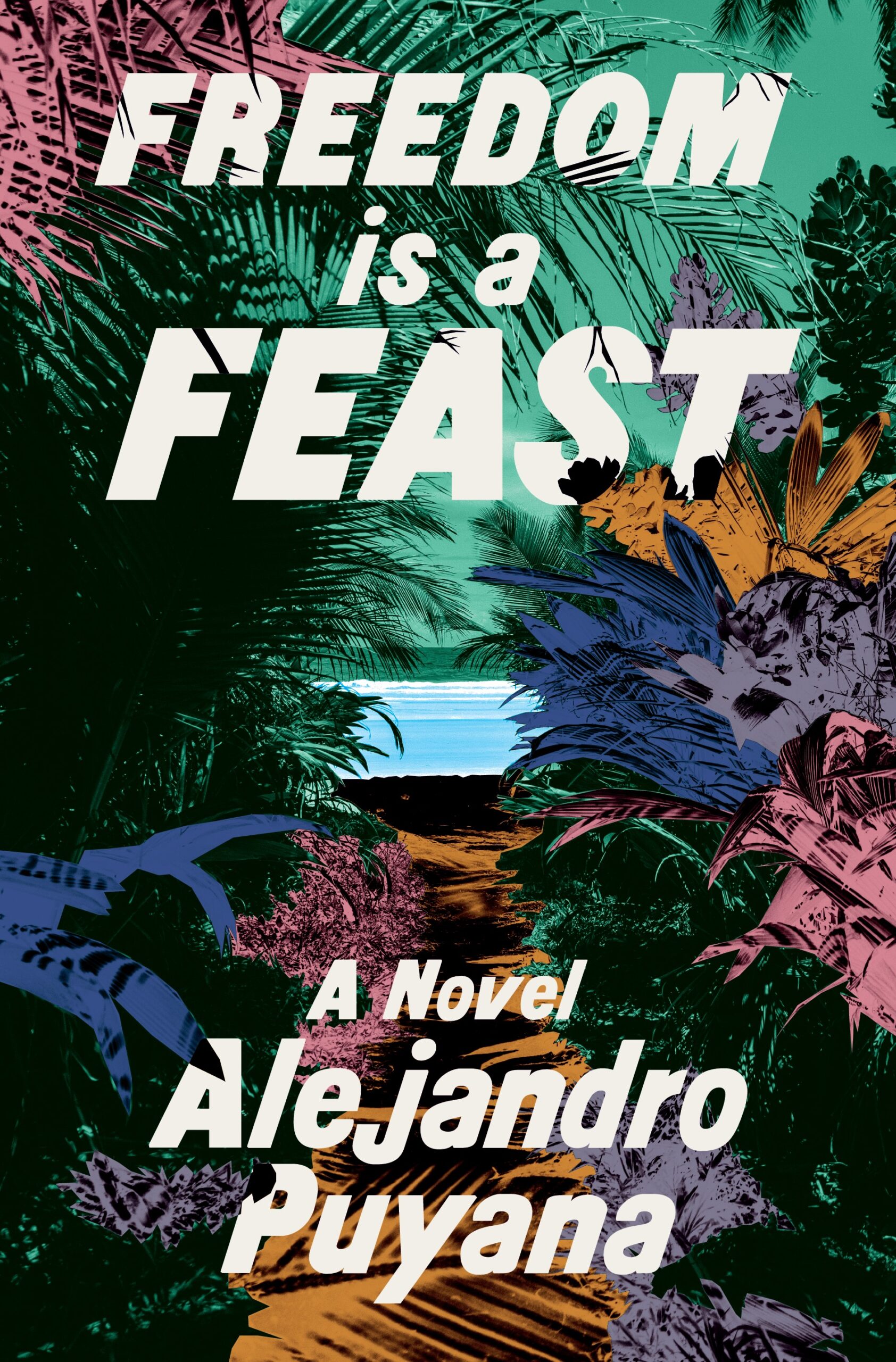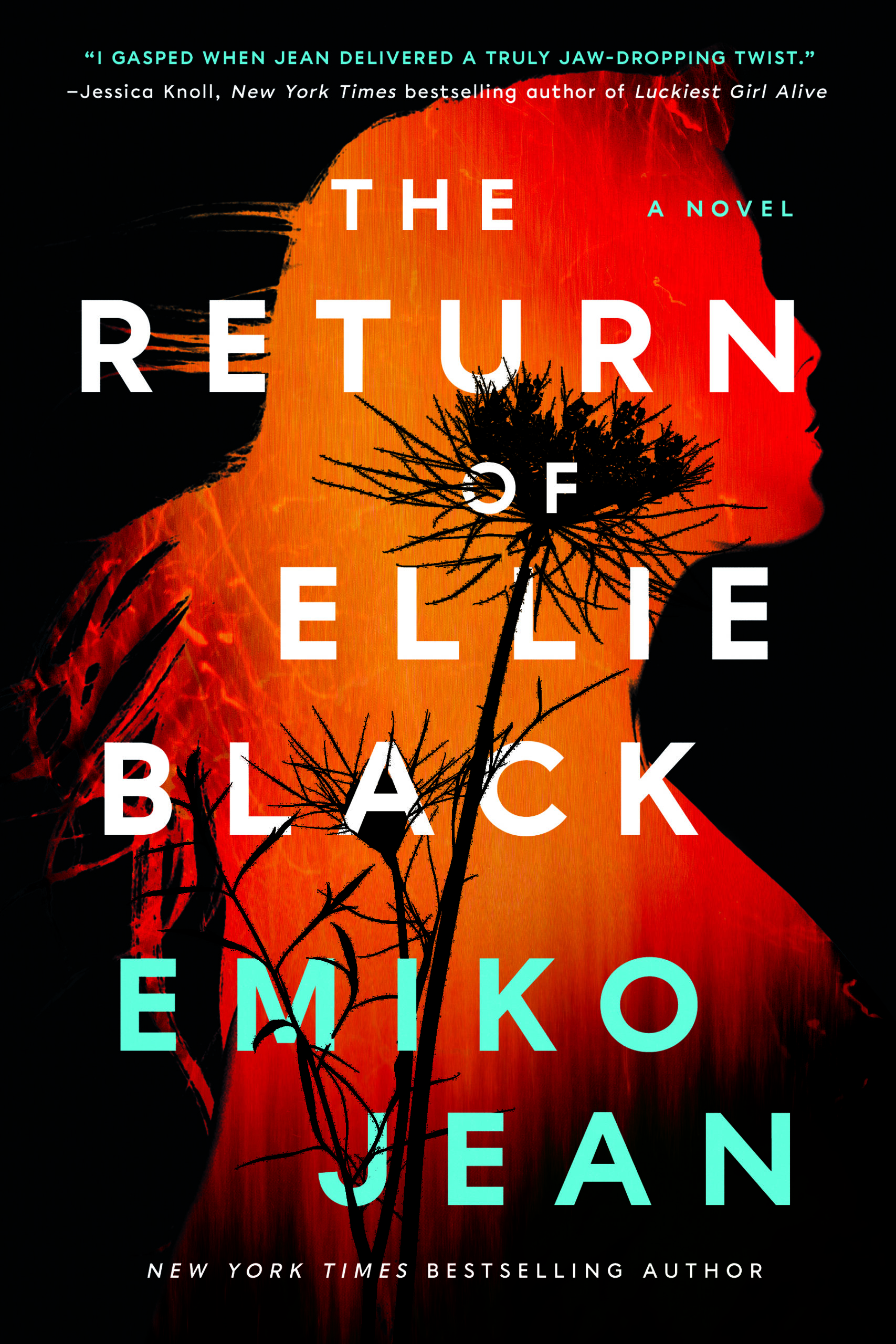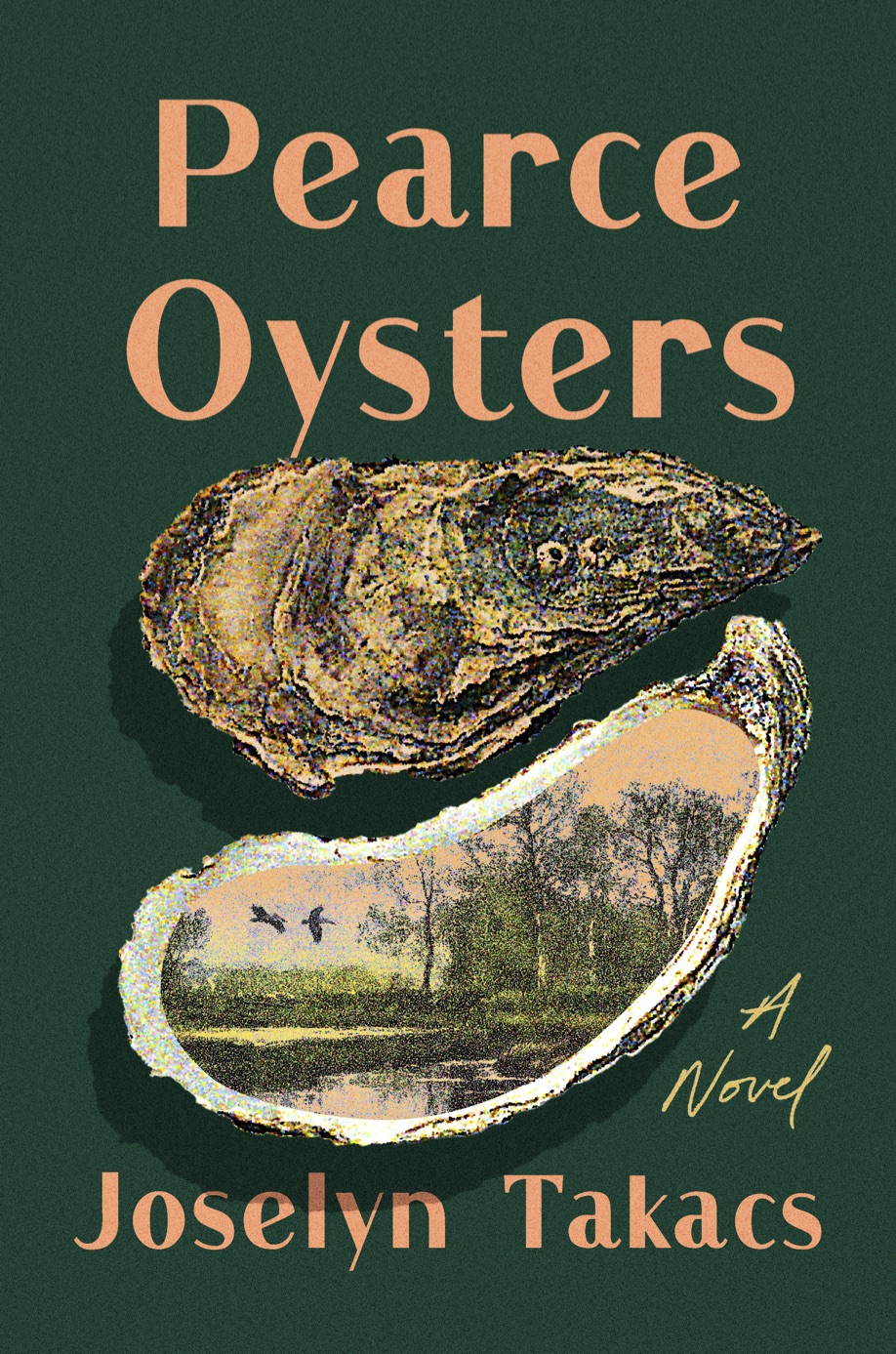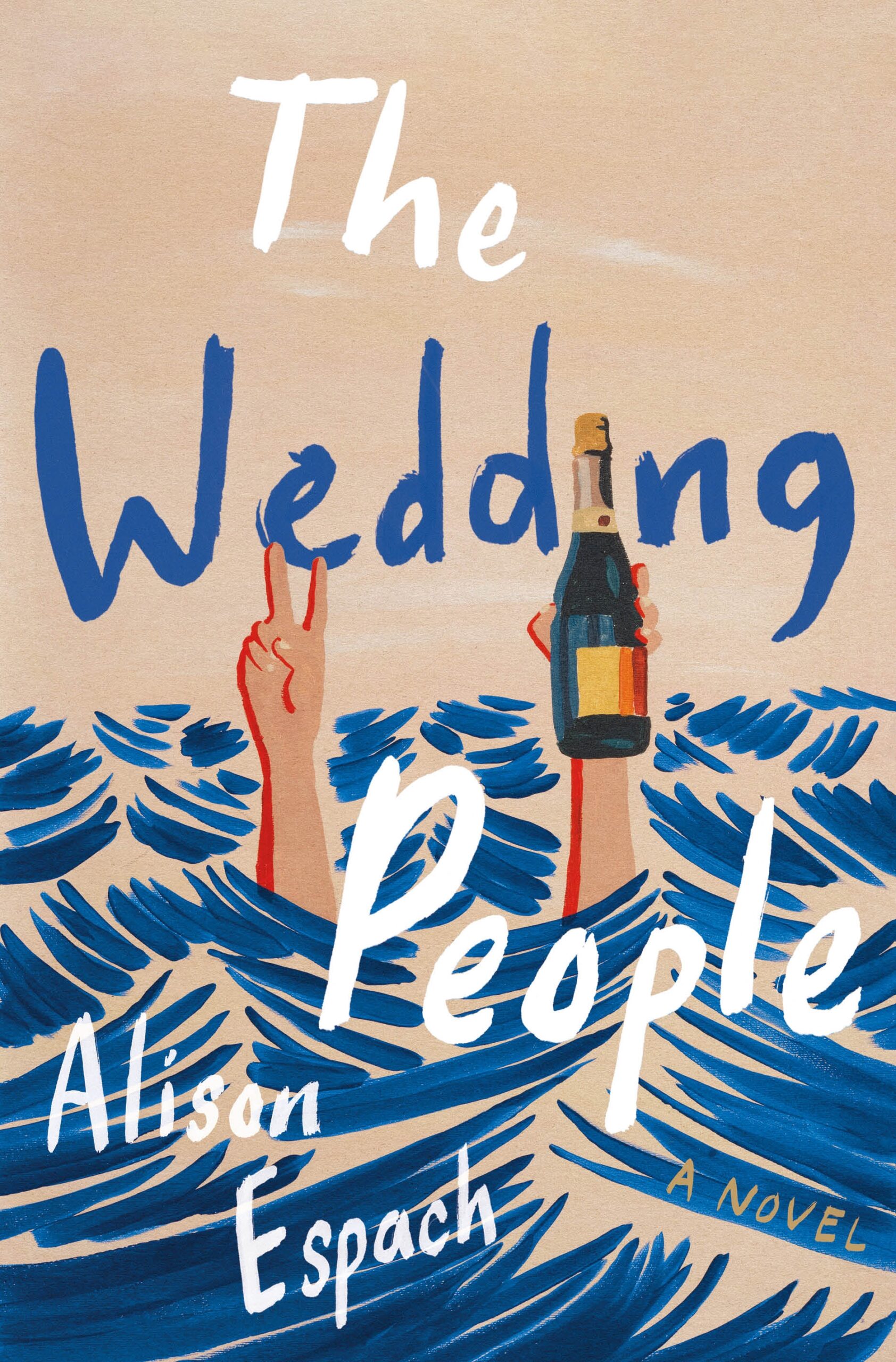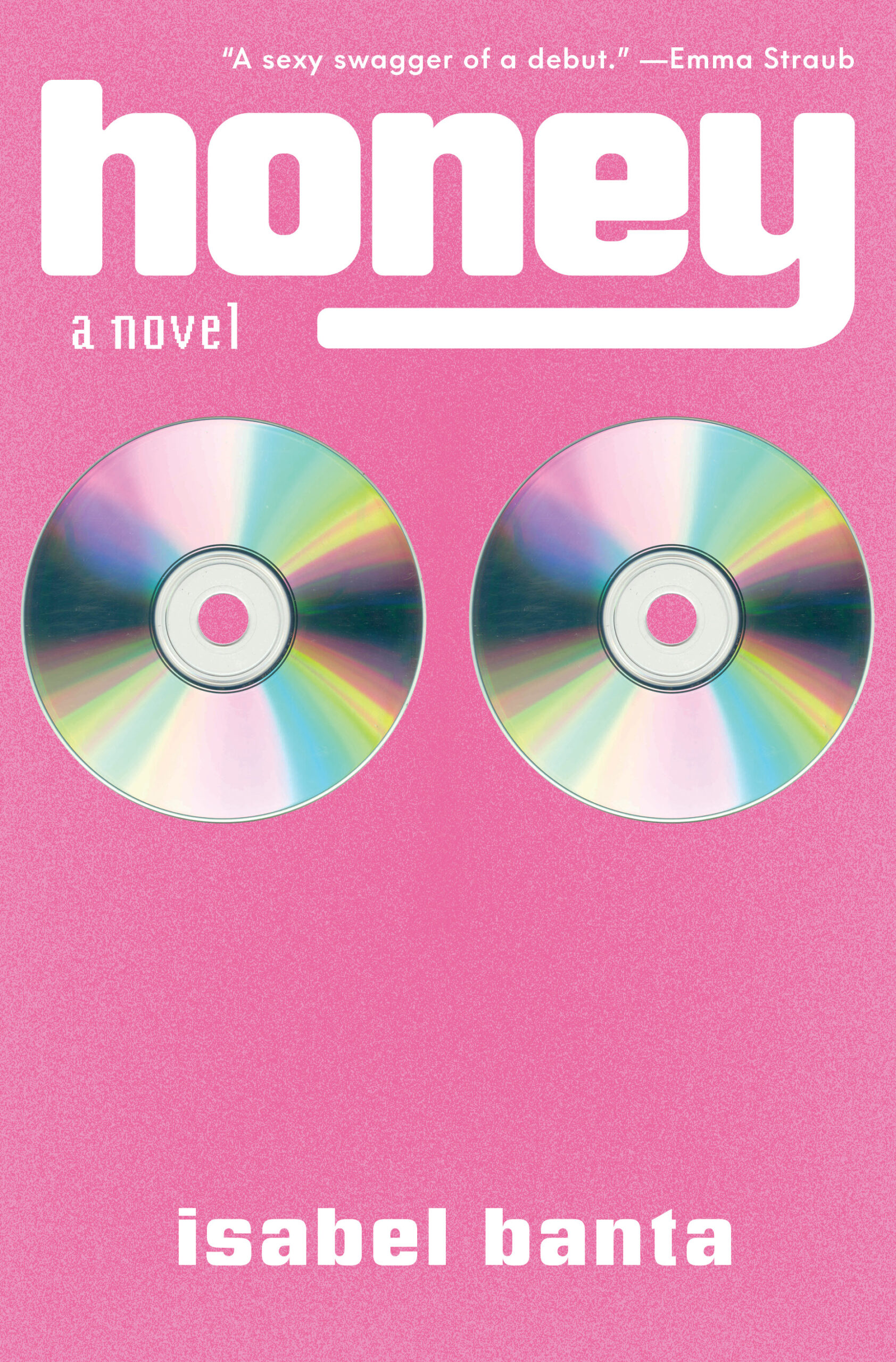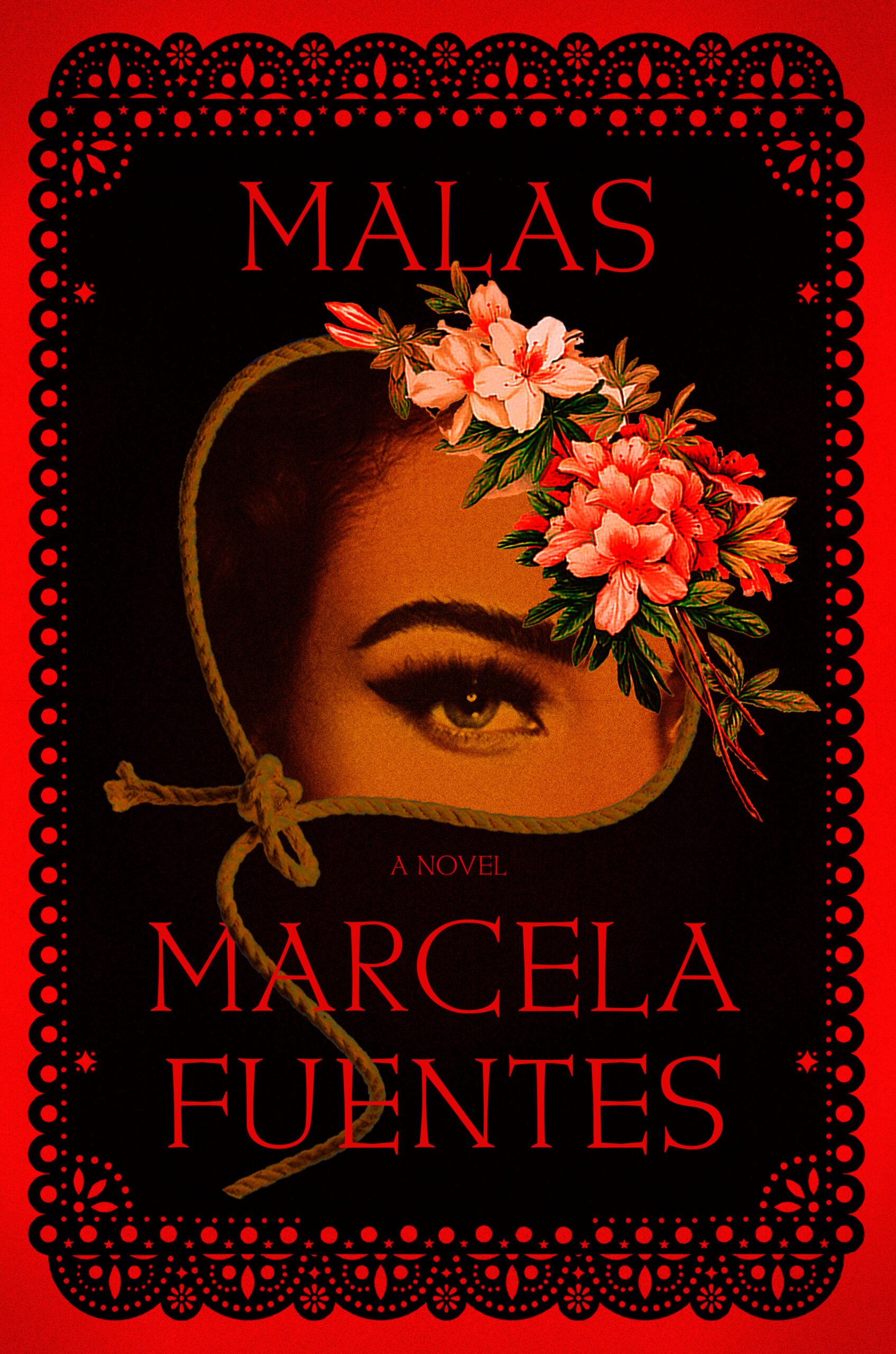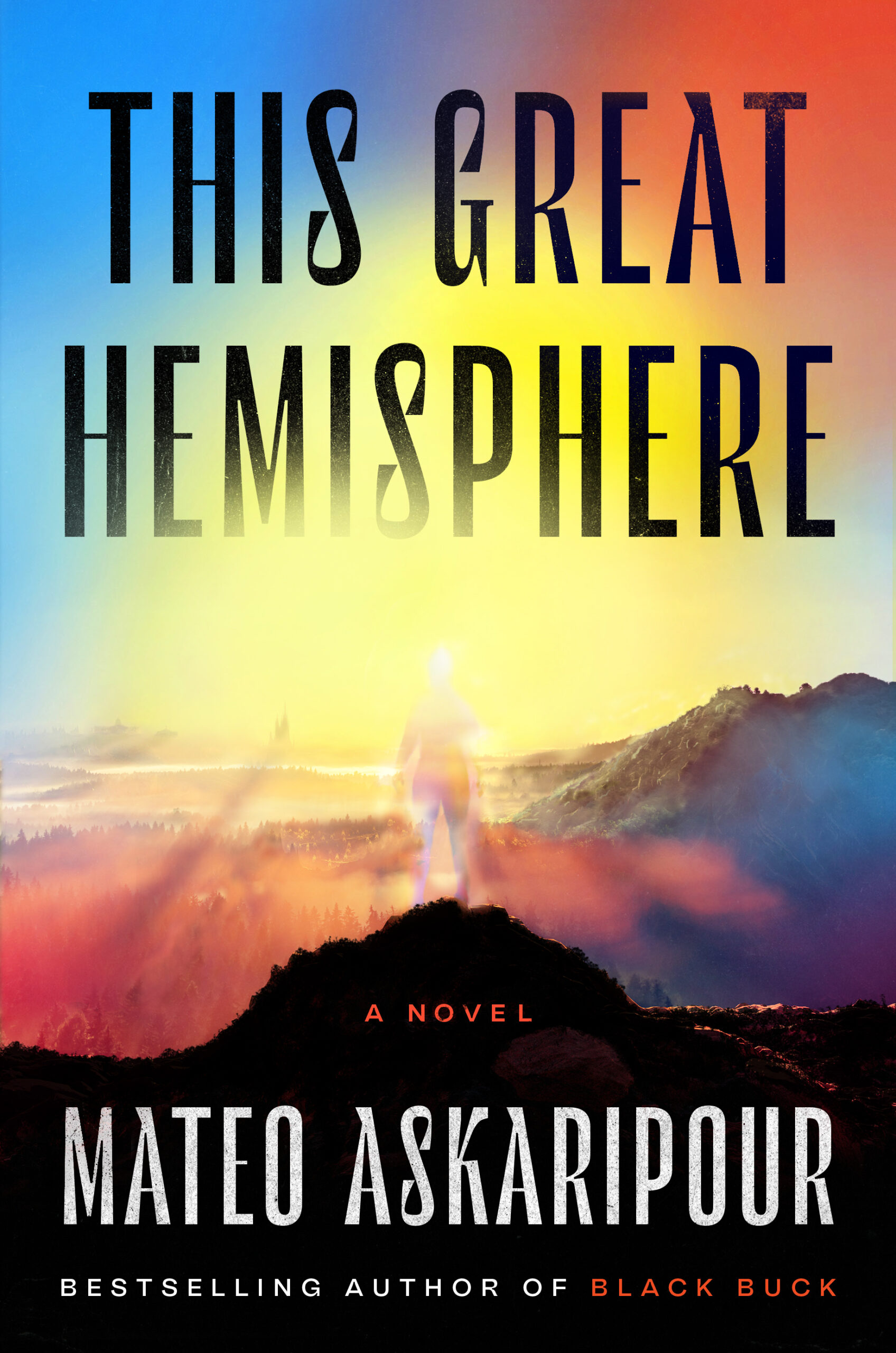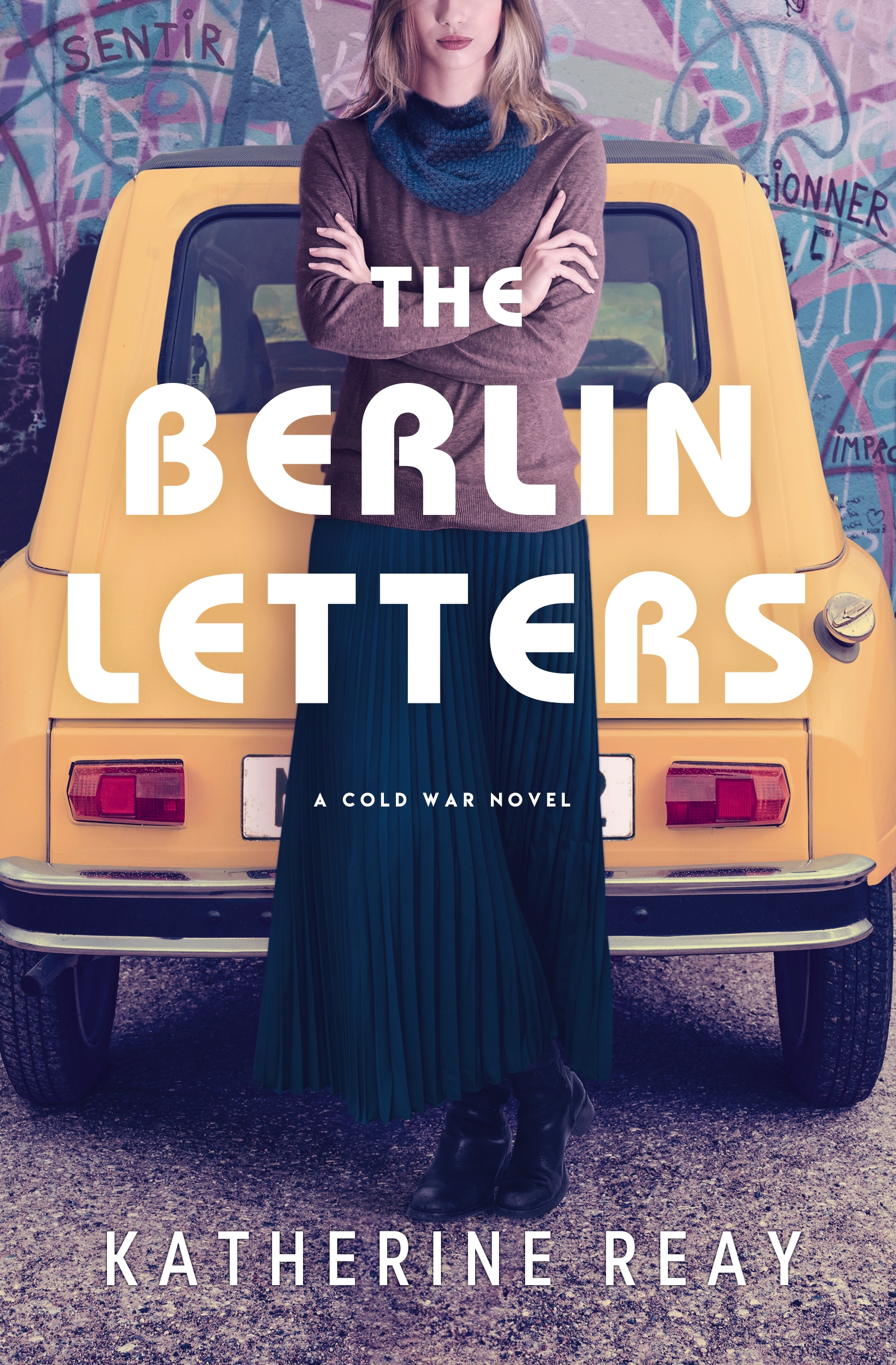Archives
FAILURES OF FORGIVENESS: WHAT WE GET WRONG AND HOW TO DO BETTER
Myisha Cherry (Princeton University Press)
SUMMARY
Sages from Cicero to Oprah have told us that forgiveness requires us to let go of negative emotions and that it has a unique power to heal our wounds. In Failures of Forgiveness, philosopher Myisha Cherry argues that these beliefs couldn’t be more wrong—and that the ways we think about and use forgiveness, personally and as a society, can often do more harm than good. She presents a new and healthier understanding of forgiveness—one that will give us a better chance to recover from wrongdoing and move toward “radical repair.”
BIG LIARS: WHAT PSYCHOLOGICAL SCIENCE TELLS US ABOUT LYING AND HOW YOU CAN AVOID BEING DUPED
This book investigates the science behind “big liars”—those rare people who use lies as their principal way of navigating life. Big Liars explores this small but dangerous group through the lens of psychological science. Fascinating new research gives us insight into the nature of dishonesty and dishonest people, explaining who lies, what types of people lie a lot, how often people lie, how big liars are created, how they operate, how we can recognize them, and how we can avoid being victimized by them. This book has crucial implications for mental health treatment, as well as our efforts to grapple with the effects of big liars—and their big lies—on social movements and society as a whole.
End Credits
Funny, heart-wrenching, and fearlessly candid, Patty Lin’s memoir pulls back the curtain on life as the lone Asian American woman in some of Hollywood’s most famous writers’ rooms (Friends, Freaks and Geeks, Desperate Housewives, and Breaking Bad). It’s an intimate and honest exploration of how she survived the simultaneous impact of criticism and stress, as her wildest dreams as a television writer came true—and how much we’re willing to sacrifice and compromise for success.
Hell If We Don’t Change Our Ways
A masterfully written memoir of self-preservation, Means tells the engrossing story of her upbringing as a Chicana girl whose family is overwhelmed by poverty, addiction, patriarchy, and violence. Spending her childhood riding shotgun as her mother runs from one abusive relationship to another, Means’s life is a blur of highways and traumas that collapse any effort to track time. With no money and only burned bridges behind them, Means is forced to take care of her younger brother, manage the instability of her home life, her mother’s unexpected comings and goings, and make sense of the troublesome world around her. Hell If We Don’t Change Our Ways will astonish and challenge readers—and will never be forgotten.
THE REDISCOVERY OF AMERICA: NATIVE PEOPLES AND THE UNMAKING OF U.S. HISTORY
The most enduring feature of U.S. history is the presence of Native Americans, yet most histories focus on Europeans and their descendants. The long practice of ignoring Indigenous history is changing, however, with a dynamic new generation of historians insisting that Indigenous history is essential to understanding the evolution of modern America. In The Rediscovery of America, Ned Blackhawk interweaves five centuries of Native and non-Native histories to tell the full story of America, from Spanish colonial exploration to the rise of Native American self-determination in the late twentieth century. In this ambitious book, Blackhawk achieves a transformative synthesis of recent scholarship, recording the enduring power, agency, and survival of Native nations to create a truer account of the formation and expansion of the United States.
A Living Remedy
From the bestselling author of ALL YOU CAN EVER KNOW comes a searing memoir of class, inequality, and grief—a daughter’s search to understand the lives her adoptive parents led, the life she forged as an adult, and the lives she’s lost. In this country, unless you attain extraordinary wealth, you will likely be unable to help your loved ones in all the ways you’d hoped. You will learn to live with the specific, hollow guilt of those who leave hardship behind, yet are unable to bring anyone else with them. When Nicole Chung graduated from high school, she couldn’t hightail it out of her overwhelmingly white Oregon hometown fast enough. As a scholarship student at a private university on the East Coast, no longer the only Korean she knew, she found a sense of community she had always craved as an Asian American adoptee — and a path to the life she’d long wanted. But the middle class world she begins to raise a family in — where there are big homes, college funds, nice vacations — looks very different from the middle class world she thought she grew up in, where paychecks have to stretch to the end of the week, health insurance is often lacking, and there are no safety nets. When her father dies at only sixty-seven, killed by diabetes and kidney disease, Nicole feels deep grief as well as rage, knowing that years of financial instability and lack of access to healthcare contributed to his premature death. And then the unthinkable happens — less than a year later, her beloved mother is diagnosed with cancer, and the physical distance between them becomes insurmountable as Covid descends upon the world. Exploring the enduring strength of family bonds in the face of hardship and tragedy, A Living Remedy examines what it takes to reconcile the distance between one life, one home, and another — and sheds needed light on some of the most persistent and tragic inequalities in American society.
King: A Life
Vividly written and exhaustively researched, Jonathan Eig’s King: A Life is the first major biography in decades of the civil rights icon Martin Luther King Jr.—and the first to include recently declassified FBI files. In this revelatory new portrait of the preacher and activist who shook the world, the bestselling biographer gives us an intimate view of the courageous and often emotionally troubled human being who demanded peaceful protest for his movement but was rarely at peace with himself. He casts fresh light on the King family’s origins as well as MLK’s complex relationships with his wife, father, and fellow activists. King reveals a minister wrestling with his own human frailties and dark moods, a citizen hunted by his own government, and a man determined to fight for justice even if it proved to be a fight to the death. As he follows MLK from the classroom to the pulpit to the streets of Birmingham, Selma, and Memphis, Eig dramatically re-creates the journey of a man who recast American race relations and became our only modern-day founding father—as well as the nation’s most mourned martyr.
The Daily Dad
A thoughtfully curated daily devotional full of inspiring quotes and advice, from the bestselling author of The Daily Stoic—for any dad as they navigate the most important journey of their life.
How to Say Babylon
Throughout her childhood, Safiya Sinclair’s father, a volatile reggae musician and militant adherent to a strict sect of Rastafari, became obsessed with her purity, in particular with the threat of what Rastas call Babylon, the immoral and corrupting influences of the Western world. He worried that womanhood would make Safiya and her sisters morally weak and impure, and believed a woman’s highest virtue was her obedience. In an effort to keep Babylon outside the gate, he forbade almost everything. In place of pants, the women in her family were made to wear long skirts and dresses to cover their arms and legs, head wraps to cover their hair, no make-up, no jewelry, no opinions, no friends. Safiya’s mother, while loyal to her father, nonetheless gave Safiya and her siblings the gift of books, including poetry, to which Safiya latched on for dear life. And as Safiya watched her mother struggle voicelessly for years under housework and the rigidity of her father’s beliefs, she increasingly used her education as a sharp tool with which to find her voice and break free. Inevitably, with her rebellion came clashes with her father, whose rage and paranoia exploded in increasing violence. How to Say Babylon is Sinclair’s reckoning with the culture that initially nourished but ultimately sought to silence her; it is her reckoning with patriarchy and tradition, and the legacy of colonialism in Jamaica. Rich in lyricism and with echoes of Educated and Born a Crime, How to Say Babylon is both a universal story of a woman finding her own power and a unique glimpse into a rarefied world we may know how to name, Rastafari, but one we know little about.

